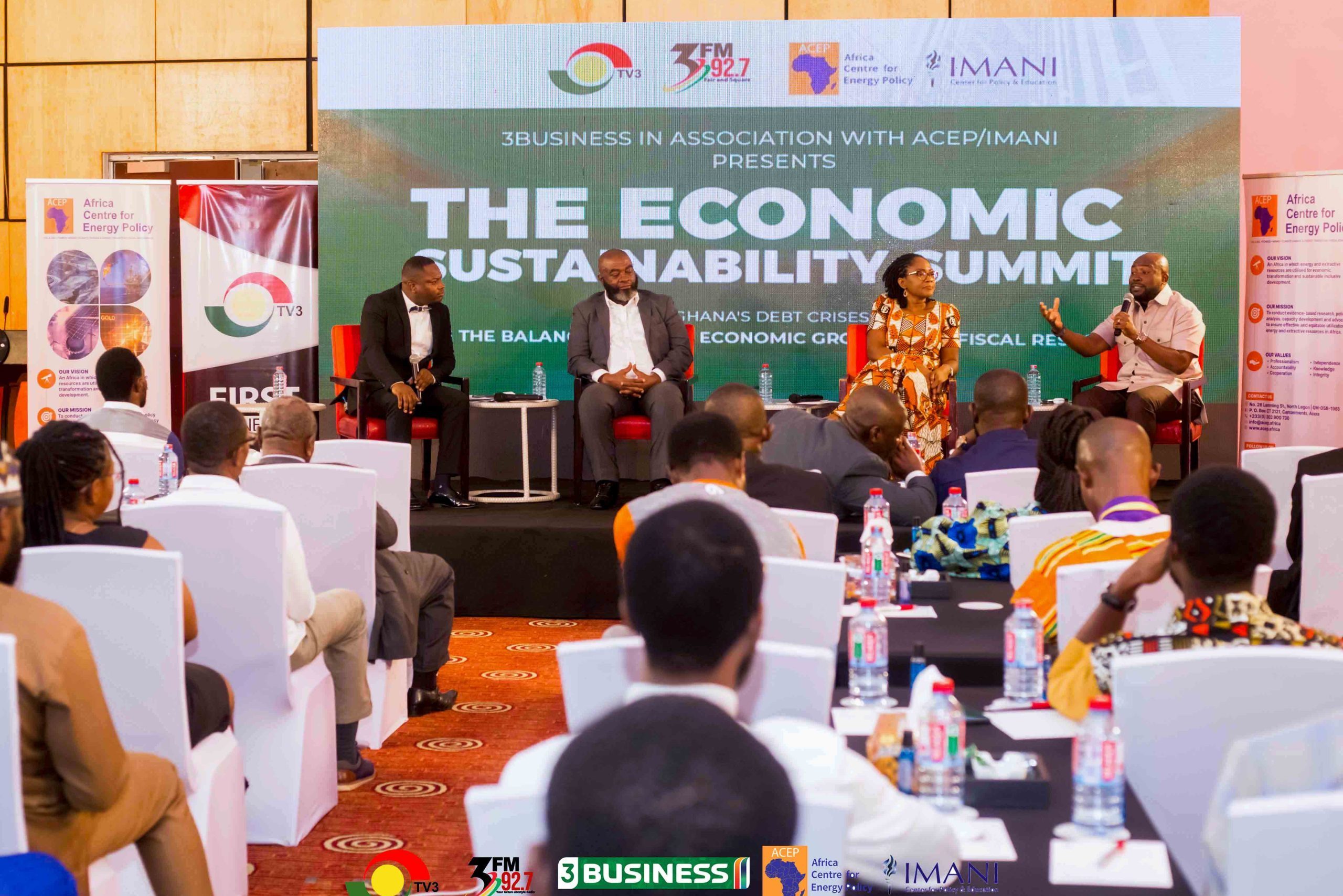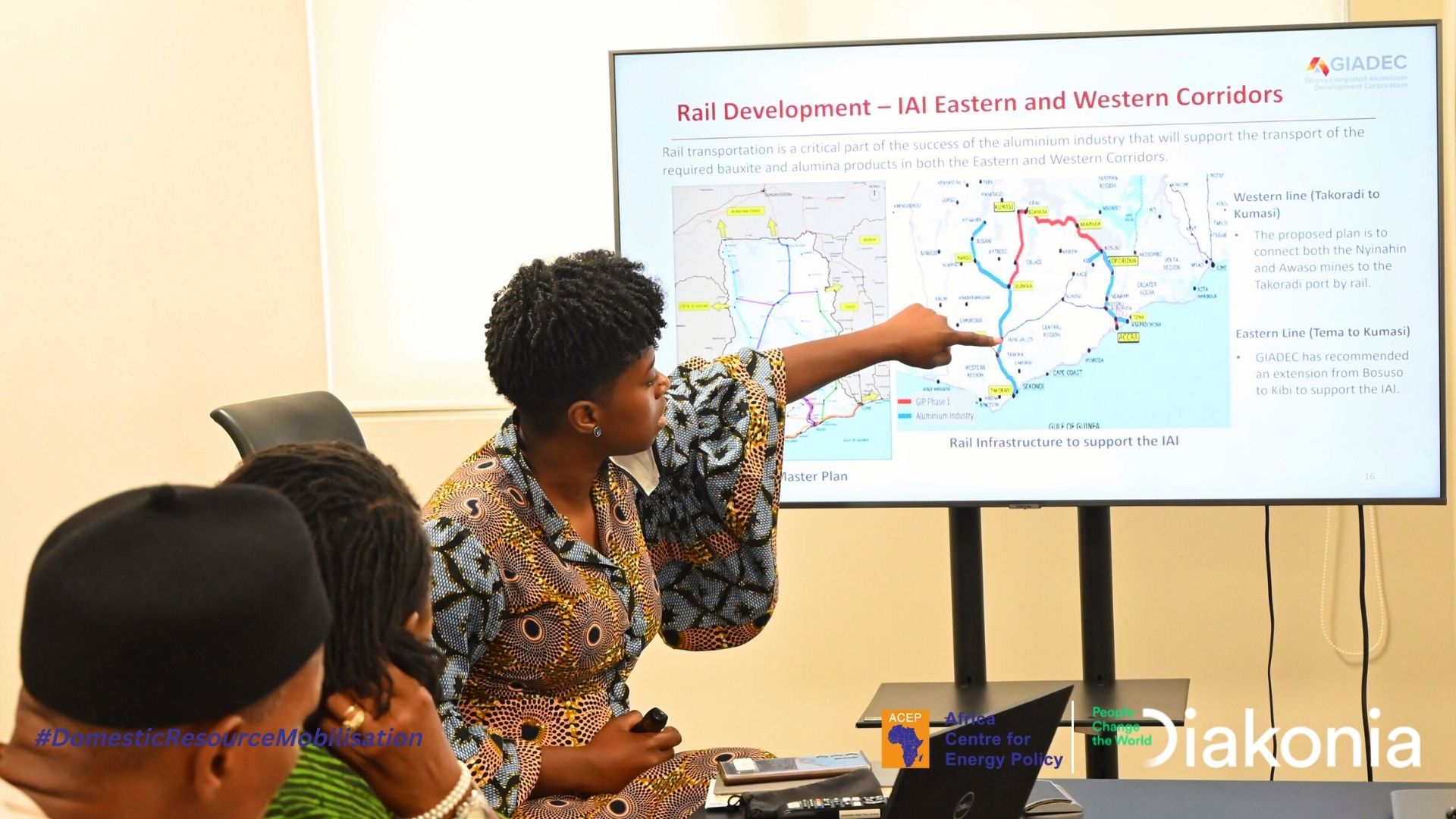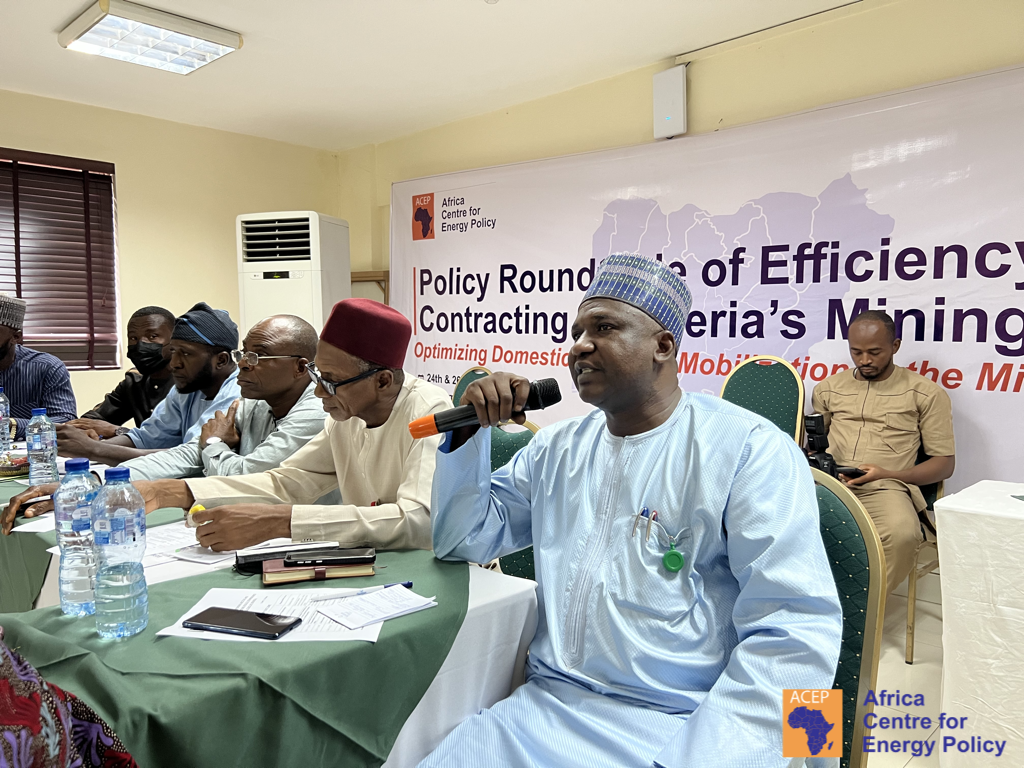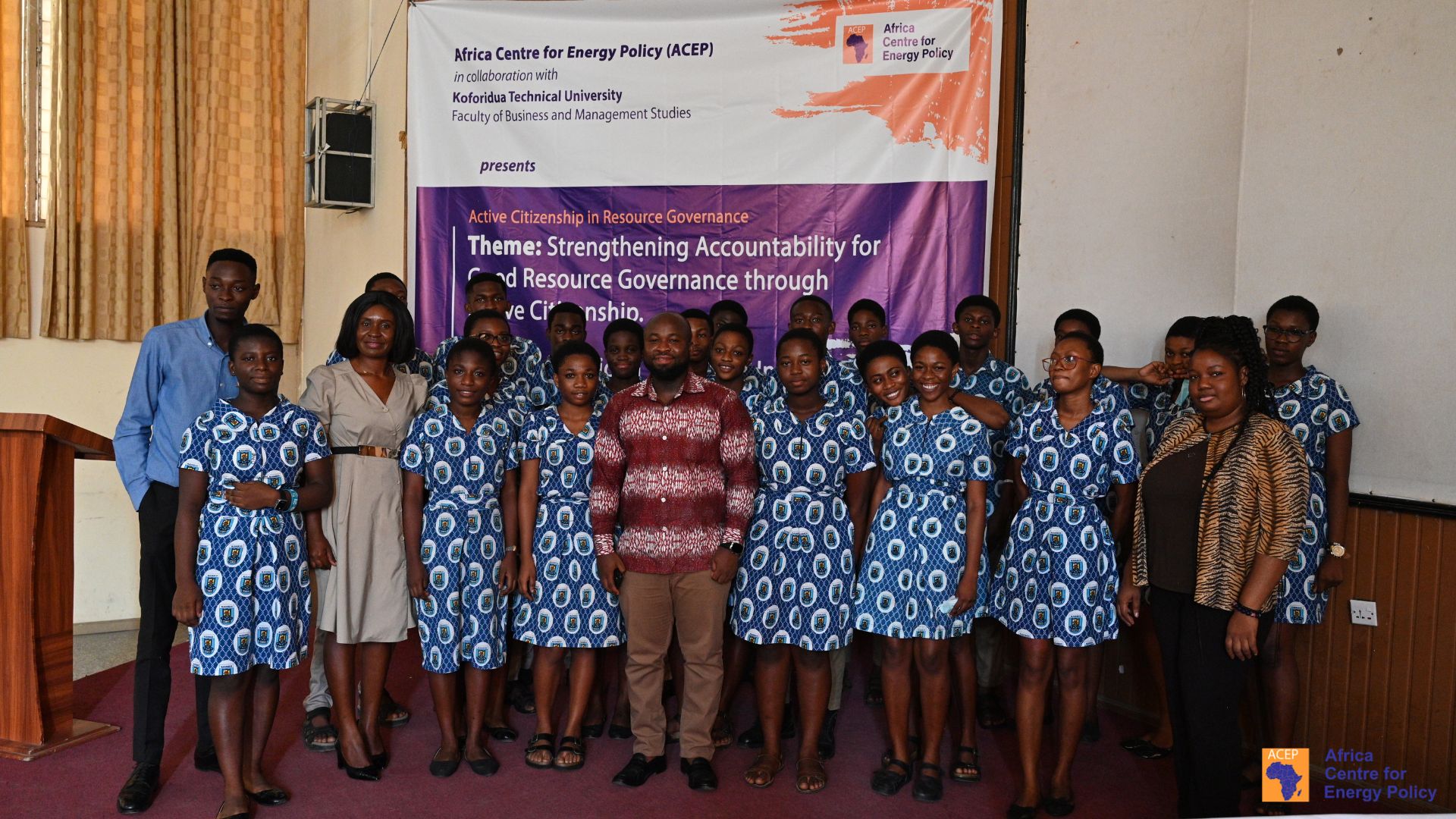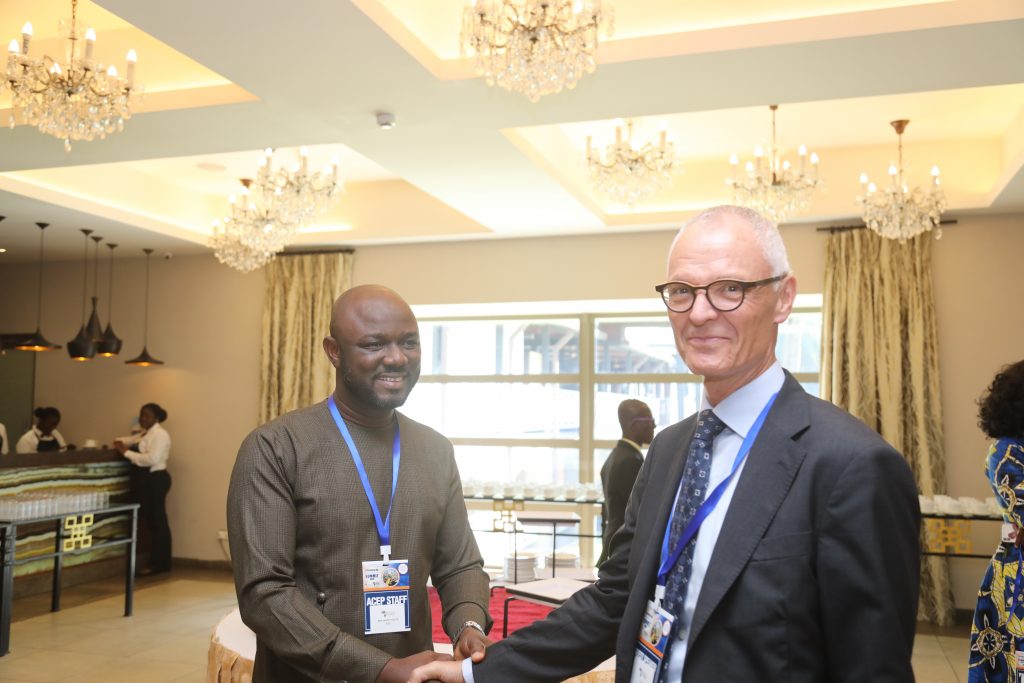Our Thematics Areas
Climate Change and Energy Transition
ACEP recognises climate change as a global challenge that requires the collaborative efforts of all countries in tackling its potential impact. ACEP’s programs contribute more to Sustainable Development Goals 7 and 13.
On energy transition, the dilemma for many African countries, particularly oil and gas producing countries is the need to balance the production of carbon emitting fuels and commitment to low carbon emission. ACEP’s work seeks to generate research evidence on actions that could be explored by governments, corporate entities and citizens to sustain responsiveness to climate action by African countries.
In Africa, about 90 percent of wood consumed is used for wood fuel and charcoal production. Wood fuels contribute about 2.4 GtCO2e of greenhouse gasses. ACEP’s focus for the strategic period will be on promoting the reduction of wood fuel and charcoal consumption through the use of clean cooking fuels.



